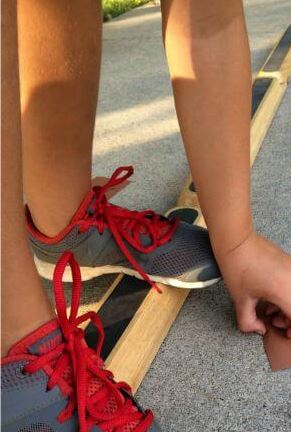

People with disabilities may be the last ones to not have society fully recognize their civil and human rights. It is for this reason, among others, that for the first time in a long time, the disabled community is making it into the mainstream news creating support for special needs individuals.
Robert Rummel-Hudson lists a series of disturbing statistics to prove society’s neglect of the disabled in his article “Shouting Over the Walls” for the Support for Special Needs website. For example, 90% of disabled women are sexually assaulted, two of every three before they are eighteen.
Why have the disabled been prominently featured in the media recently?
The disabled community has earned and desperately needs this media attention, but only insofar as it is genuine in its concern for the disabled. Rummel-Hudson is adamant that it cannot be just a fifteen second spotlight, but the beginning of a genuine prolonged discussion on the rights of disabled Americans.
Recently there has been an increased awareness of disability issues, In a strange way, Donald Trump may be the one to thank for it. If he hadn’t so openly and disturbingly poked fun at New York Times reporter Serge Kovaleski, it’s not certain whether the democrats would have had quite so much interest in featuring so many people with disabilities in the news.
However, disabled peoples’ rights are simply human rights, and wherever it comes from, it’s great to have increased awareness. However, for it to be a lasting effect, it must be authentic and produce actual progress. If it’s not, then the walls still stand.
For more about support for special needs, read the original article here:
Shouting Over the Walls




